by Sharon Quercioli
What’s the Big Deal?
So what is the “Dirty Dozen”? Isn’t that just an old Western movie? The “Dirty Dozen” is a list of the most pesticide-laden vegetables and fruits on the market. These fruits and veggies are known to be contaminated with the most pesticides (for various reasons) when you buy them at the store.
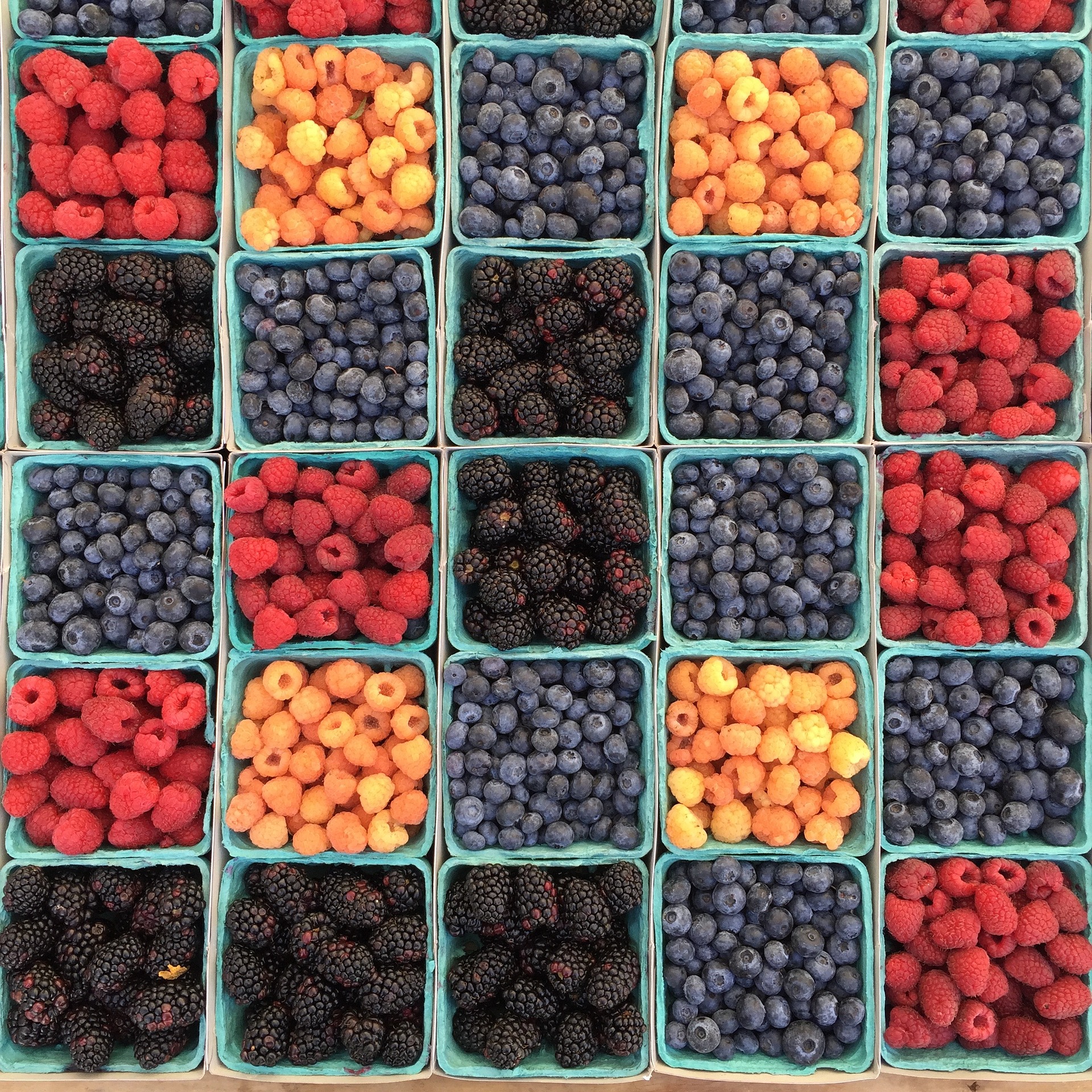
The report is put out by the United States Department of Agriculture every year. This year they added several different findings to the regular list of 12 fruits and vegetables:
- There were 230 different types of pesticide products used on thousands of different samples that were analyzed by the study.
- USDA pesticide residue data was also used and helped conclude that nearly 70% of non-organic produce was marked positive for contamination with pesticides.
- Nearly 100% of peaches, spinach, cherries, apples, spinach and strawberries that were tested registered positive for at least one type of pesticide or pesticide product.
Not all of the tests came back with bad news, however. In addition to the “Dirty Dozen” list, there is also a list of the “Clean 15,” which includes various types of produce that are least likely to be covered or contaminated with pesticides. In addition to the list, some of their findings on the “Clean 15” include:
- Avocado and sweet corn were sampled and tested positive for pesticides in only less than 1%. Those were among the cleanest produce on the list. Avocado enthusiasts rejoice! Not only are they filled with healthy fats, they also taste delicious and are incredibly versatile.
- Of all the items that were on the “Clean 15” list, none of the fruits tested positive for over three pesticides.
- Over 80% of the papayas, onions, cabbages, pineapples, and asparagus that were tested, had absolutely no pesticide residue on them whatsoever.
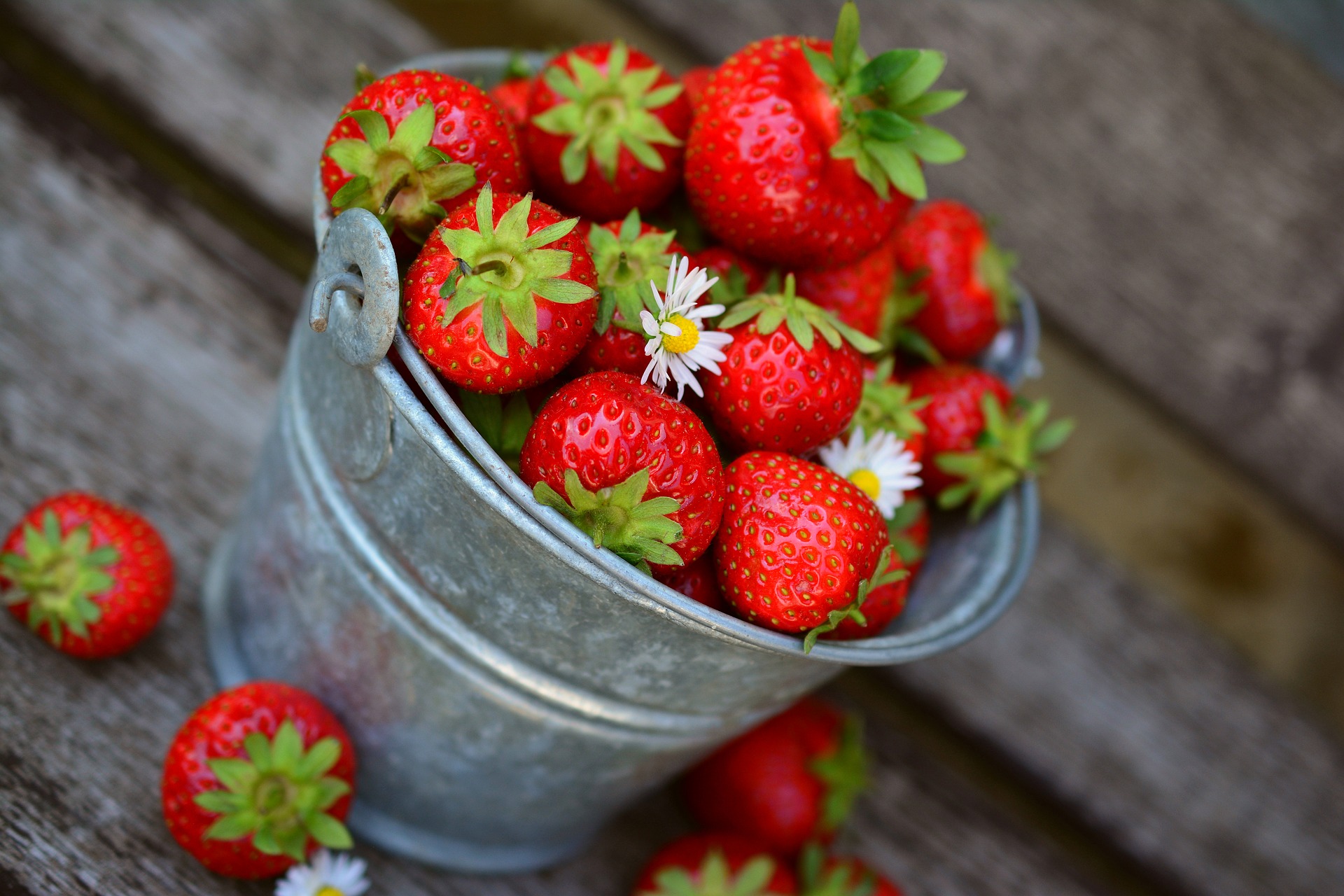
What About Washing Your Veggies? Is It a Waste of Time?
It’s a habit for most of us who cook with raw vegetables. We take them out of the bag and rinse them off with cold water. We were taught to wash our veggies by our parents, who were taught by their parents. However, according to experts (like microbiology professors and scientists who work in the field), the risks of illness are small to begin with, even if we don’t wash our veggies. A 2015 Consumer Reports study showed that pesticide residue in our foods are “well below safety standards.”
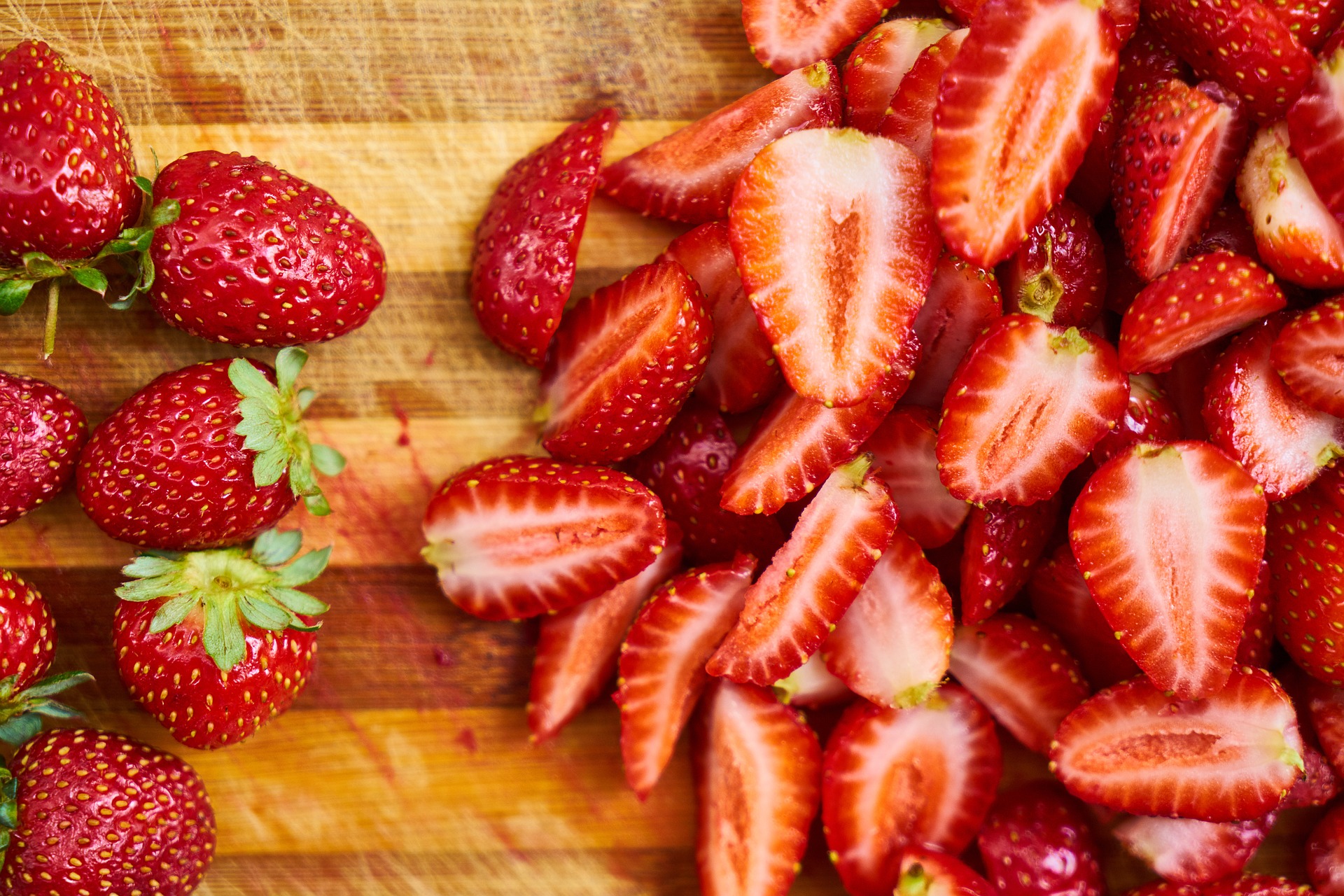
Despite that information, the question still remains. Is it a waste of time? After all, the studies show that the risks for bacteria and pesticide residue aren’t zero but “close to zero” and “well below safety standards,” but there are still minute chances.
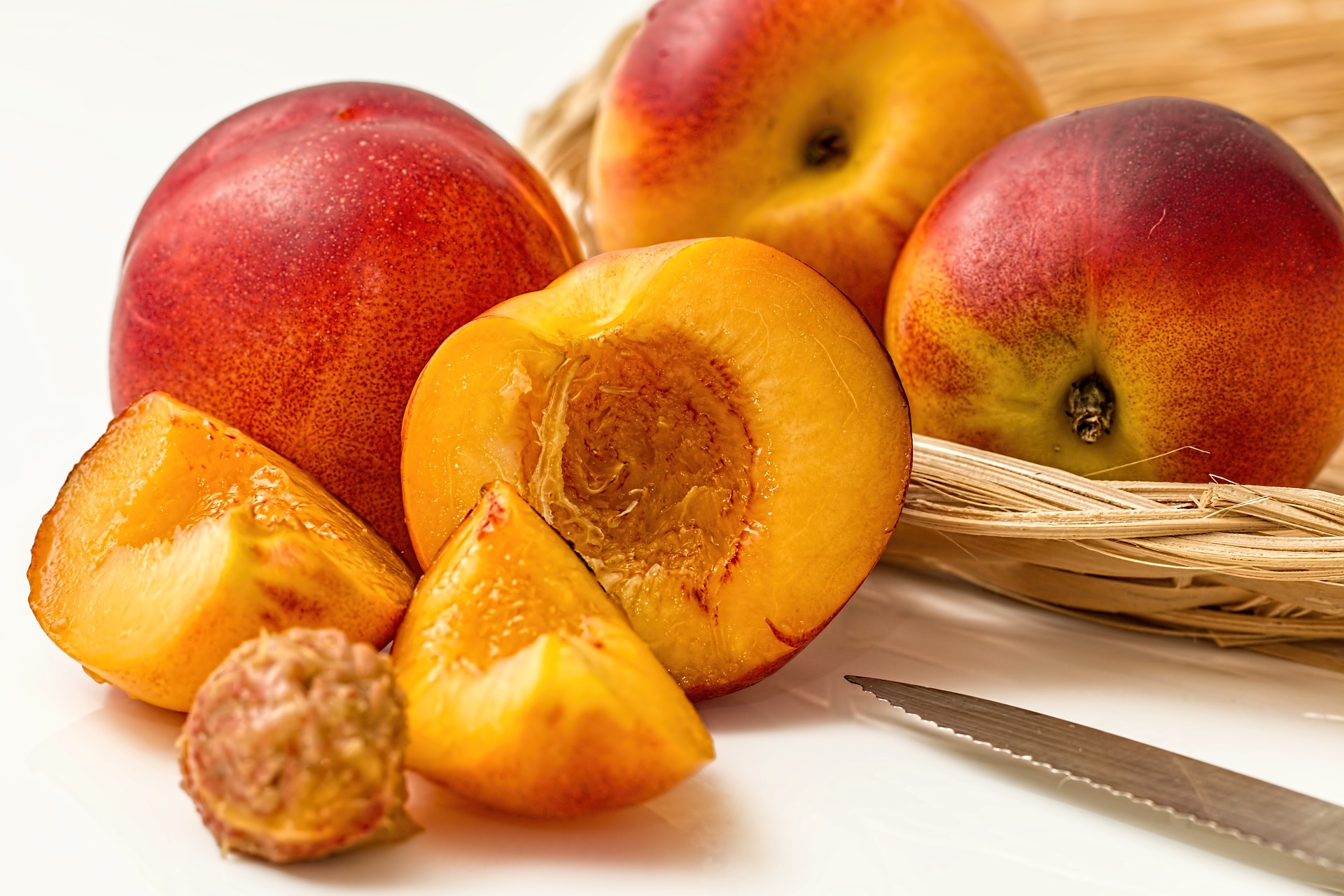
While the risk for salmonella, listeria and E. Coli outbreaks are best prevented before the vegetables are packed, I personally find it comforting to wash my veggies anyway. While it might not prevent a lot, it certainly won’t hurt.
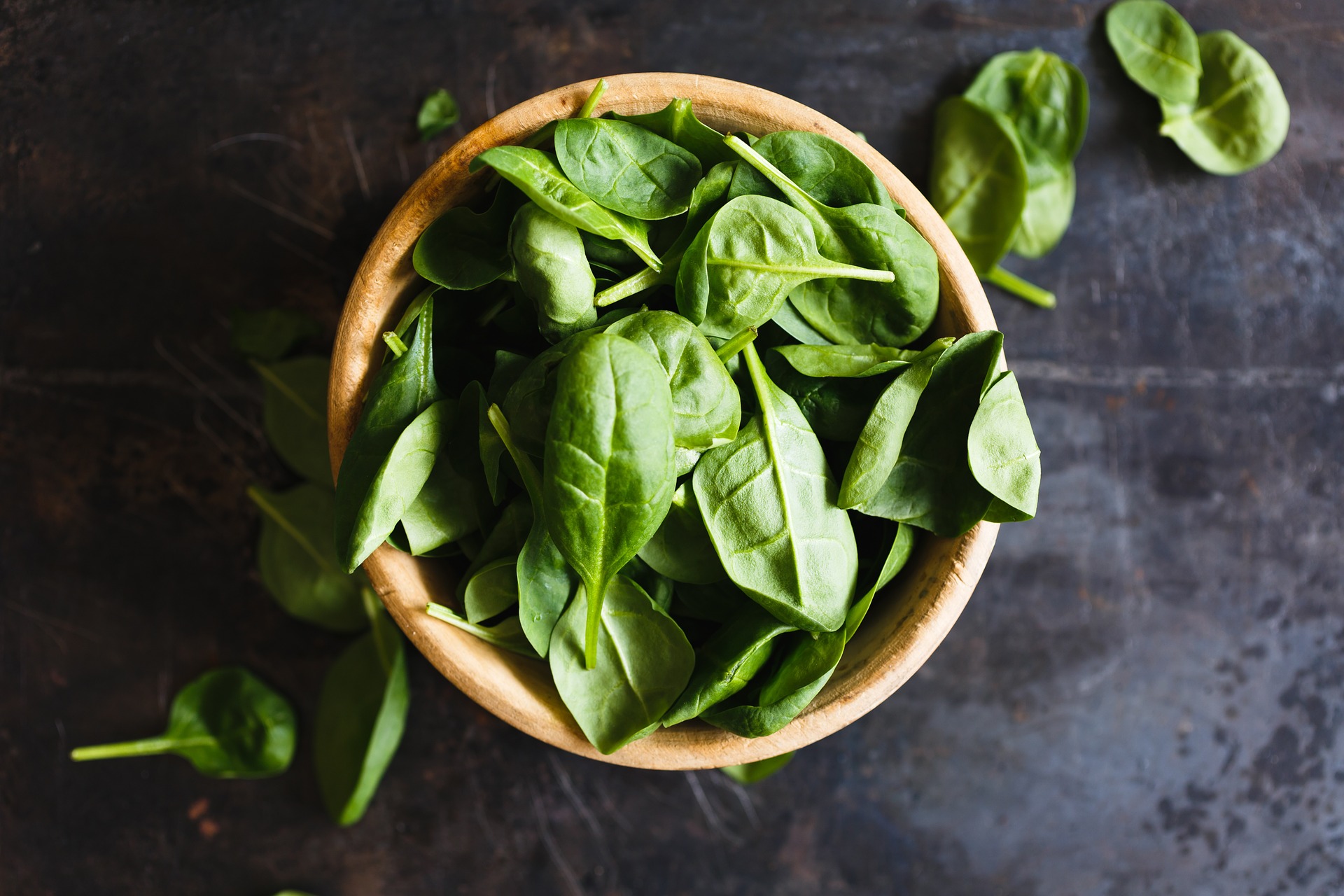
When washing your veggies, it is recommended that we should all try to aim for about 2 minutes of contact with water. I always add 2 drops of Young Living Lemon Essential Oil that will for sure get rid of any salmonella, listeria and E. Coli. If the surface area of the fruit or vegetable is bumpy or if it has divots and grooves, aim for a little longer. If the surface is smooth, the 2 minutes should be plenty. If you want to be the safest against bacteria and pesticide residue, remove the outer layers all together. For things like cantaloupes (which are ridiculously bumpy), this is a no-brainer. Rinse it off, then peel off the rinds. However, it gets a bit more complicated with the fruit that topped the dirty dozen list this year (again): Strawberries. Bumpy. Lots of little nooks and crannies for bacteria and pesticide residue. Oh, strawberries, why do you have to be so tasty? I suggest (at least I do) that on the dirty dozen always buy organic.
Dirty Dozen
- Strawberries
- Spinach
- Nectarines
- Apples
- Grapes
- Peaches
- Cherries
- Pears
- Tomatoes
- Celery
- Potatoes
- Sweet Bell Peppers
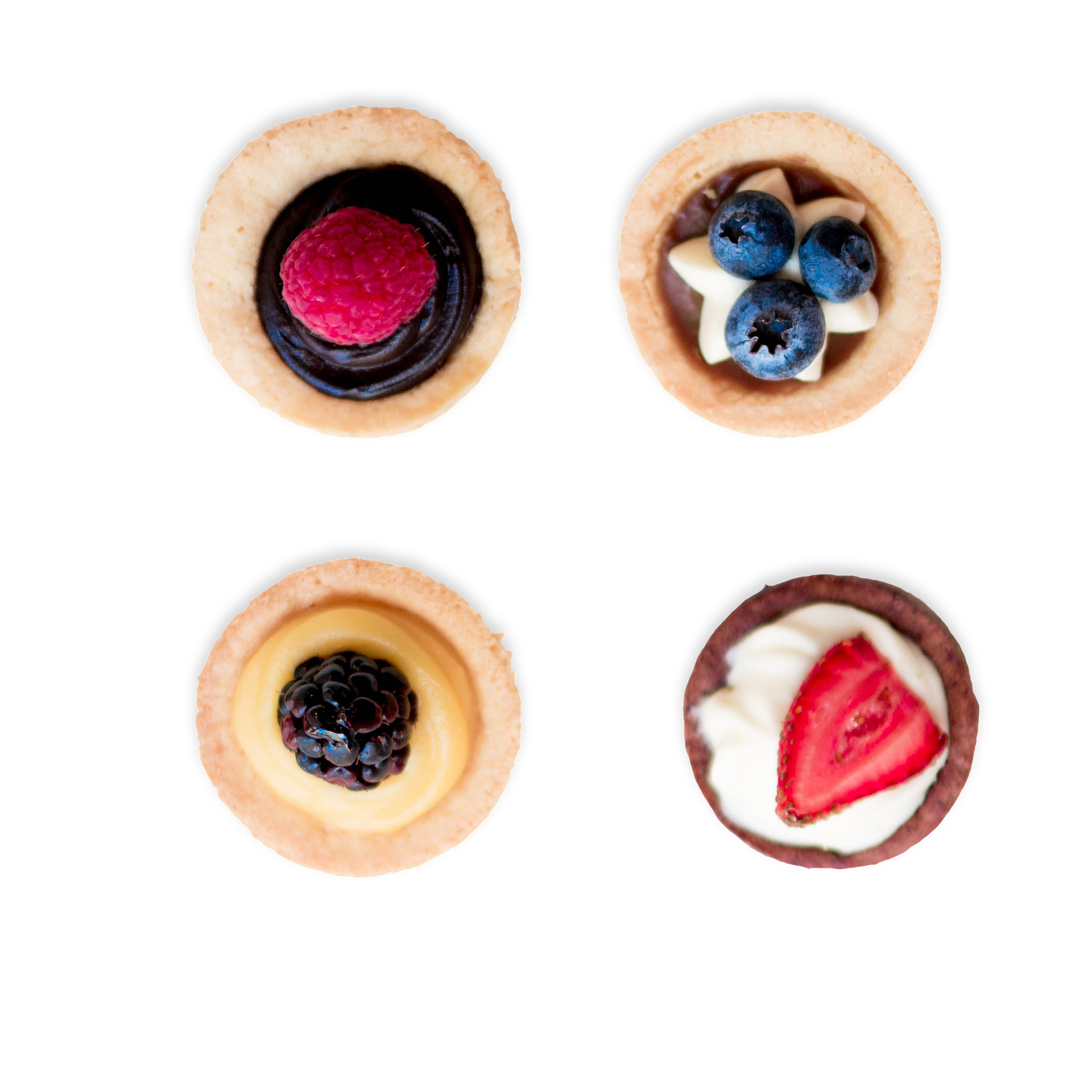
Clean Fifteen
- Avocados
- Sweet Corn
- Pineapples
- Cabbage
- Onions
- (Frozen) Sweet Peas
- Papayas
- Asparagus
- Mangoes
- Eggplant
- Honeydew Melons
- Kiwis
- Cantaloupe Melons
- Cauliflower
- Broccoli
What Is the “Take-Away” from This Info?
Pesticides and synthetic food additives have been linked with male infertility, respiratory problems, Parkinson’s, brain damage and even certain types of cancer. This is one of the biggest arguments for buying organic produce. What is organic, you might be asking. Organic farms that produce organic produce restrict the use of certain fertilizers and pesticides. Generally speaking, most organic farms don’t use irradiation, synthetic food additives and industrial solvents. So, stick with your clean fifteen, and buy organic for the dirty dozen.
